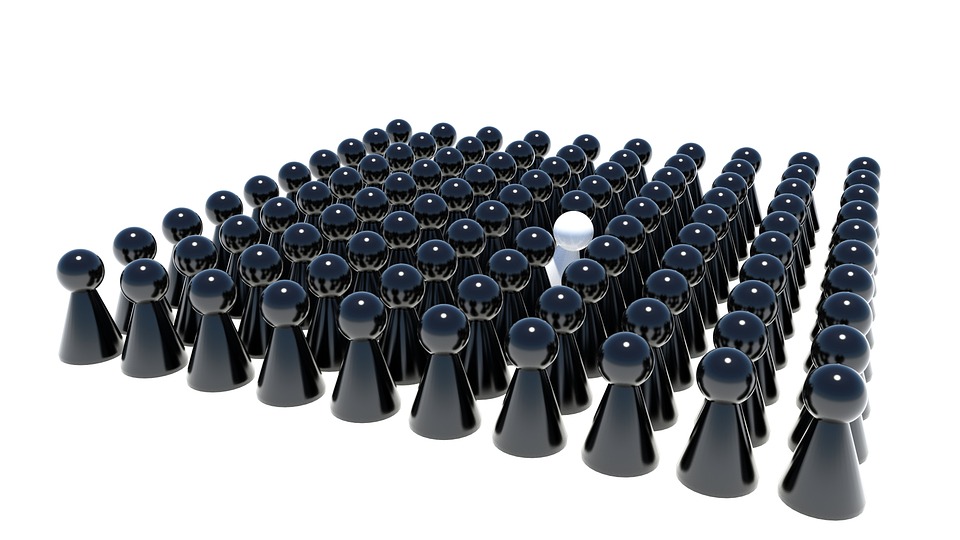In the realm of video gaming, few elements elevate the experience as significantly as competitive play. Ranked games, where players are matched against others based on skill and performance, have surged in popularity across genres, from first-person shooters to multiplayer online battle arenas (MOBAs). This competitive landscape profoundly impacts player behavior, motivation, and even mental health. Understanding the psychology behind this phenomenon reveals essential insights into how competition shapes not just the gaming experience but also the individual players involved.
The Allure of Competition
At its core, competition is a natural human instinct. The drive to outperform others can be traced back to our ancestors, where survival often depended on being faster, stronger, or more cunning than rivals. In modern contexts, this competitive spirit has found a new outlet in ranked gaming.
Motivation and Achievement
Ranked games often utilize a tiered ranking system to categorize players. This introduces a clear structure of goals and achievement. Players are motivated to climb through ranks, earning recognition for their skills and dedication. The satisfaction that comes from progressing — whether it’s moving from Silver to Gold or achieving an elusive rank — serves as a powerful motivational driver. This desire for progression can lead players to engage more deeply with the game, practicing more to refine their skills and achieve their goals.
The Role of Feedback and Rewards
In ranked environments, feedback is immediate and often stark. A win or loss has a tangible effect on a player’s rank, creating a cycle of reinforcement. Positive reinforcement comes from victories and progression, while negative feedback arises from losses, often resulting in frustration. This dichotomy can lead to a phenomenon known as “the lose streak,” where repeated losses adversely affect a player’s motivation and confidence.
Moreover, developers often enrich the competitive experience with rewards beyond just rank, such as skins, titles, or other in-game perks. These rewards enhance player engagement, creating a sense of accomplishment and acknowledgment for skills that can be displayed to peers.
Social Dynamics and Teamwork
The psychology of competition is not merely an individual pursuit; it also reflects broader social dynamics. Many ranked games are team-based, requiring effective communication and collaboration. In these settings, players are not only competing against each other but also trying to coordinate with teammates to secure victories.
Dynamics of Team Play
The emphasis on teamwork can foster a sense of camaraderie, but it also raises stakes. Players often experience pressures related to social dynamics, such as fear of letting teammates down or anxiety around group performance. Conflicts can arise, leading to toxicity, blame-shifting, and frustration. This can negatively impact individual mental health and overall enjoyment of the game.
The Impact of Social Media
Social media platforms further amplify the social dynamics of competition. Players share their accomplishments, discuss strategies, and sometimes engage in toxic behavior. Positive interactions can cultivate a supportive community, while negative encounters can lead to harassment or bullying.
Mental Health and Well-Being
While competition can be beneficial in terms of motivation and social interaction, it also has potential drawbacks. The intense nature of ranked games can lead to elevated stress levels, anxiety, and even depression, especially for those who internalize losses or feel pressure to perform consistently.
Balancing Competition and Enjoyment
For many players, the passion for ranking up can distort their sense of enjoyment. Those who become overly focused on winning may find themselves losing sight of what made gaming enjoyable in the first place. Maintaining a balance between competition and fun becomes crucial. Game designers and communities are increasingly recognizing the need for systems that encourage healthy competition without compromising player well-being.
Mental Health Resources
Game developers and platforms are beginning to implement resources to support mental health, such as promoting healthy gaming habits, providing access to counseling, and creating awareness around the effects of toxicity. Creating an environment where players feel safe and supported can enhance the positive aspects of competition while mitigating its downsides.
Conclusion
The psychology of competition in ranked games offers a rich tapestry of motivations, behaviors, and consequences. While it can serve as a powerful source of motivation and engagement, it also poses challenges related to social dynamics and mental health. Understanding these factors can help players navigate the competitive landscape more effectively, fostering an environment where competition leads to growth, community, and enjoyment rather than stress and negativity. As the gaming landscape continues to evolve, balancing competition with mental wellness will be key in shaping a positive experience for all players.



